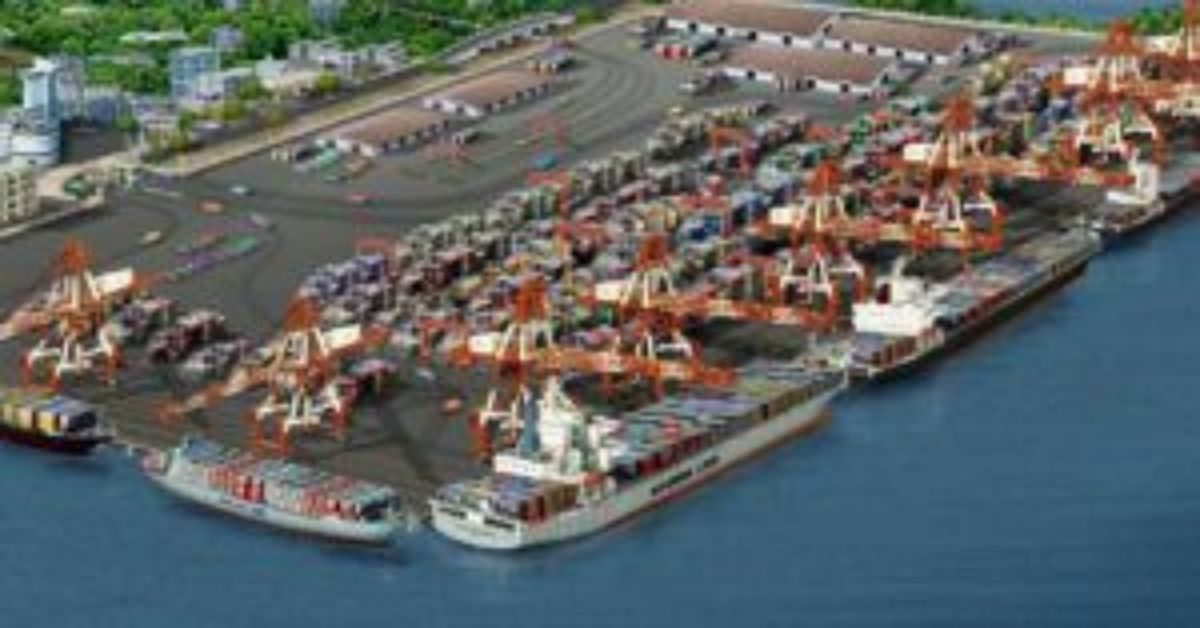Following a call by Union Ministry of Ports, Shipping and Waterways asking all ports to prepare a masterplan to become megaports by 2047, Sanjeev Ranjan, Secretary, Shipping said that ports at Kochi and Vizhinjam in Kerala as well as Galathea Bay in Andaman Nicobar Islands have made a headway in the direction of becoming transshipment hubs. “Some of the biggest of ships pass through Galathea Bay, and we need to have a hub which serves ports all along the Bay of Bengal, not only for India but neighbouring countries of Bangaldesh, Indonesia and Thailand,” Mr. Ranjan told The Hindu, on sidelines of ‘Bharat Pravah – India along its shores,’ dialogues in Delhi on Wednesday.
Transhipment hubs are ports that have connections to originating and destination ports. Currently, nearly 75% of India’s Transshipment cargo is handled at ports outside India. The Ports of Colombo, Singapore, and Klang handle more than 85% of this cargo, according to Ministry data.
Sanjay Sethi, Chairman, Jawaharlal Nehru Port Trust pointed out that while India is looking at building megaports which are expected to be digitized and more environmental friendly there are challenges along the way. Mr. Sethi said, “India does roughly 35% of containerization, while other developing countries do 62% to 65% containerization.”
Mr. Ranjan agrees. “Currently India does more break bulk shipping rather than using containers, however we are making rapid progress towards containerization.”
Subrat Tripathy, CEO, Adani Ports & SEZ said that along with advancements in port infrastructure, India’s share in world trade should also increase. “India’s share in world trade is a meagre 2%. Balance of trade is towards import,” Tripathy said. Also on the logistics performance index, India stands at 44. “This is an elephant in the room. The reason for low ranking is absence of appropriate infrastructure and procedural reforms,” Tripathy added.
To foster growth, Tripathy said that private players are looking for larger concession periods while handling ports. “Recently, we won a tender in Tajpur, West Bengal for a concession period of 99 years, as opposed to regular concession periods of 30 years. Longer concession periods will lead to gestation for a larger capital cycle as building port terminals is an intensive equity and loan structure process and it does not come easy.
Girish Aggarwal, MD, APM Terminals said that digitization and data will play a large role in understanding performance of ports. “Ports deploy large assets. Predictive analytics can help in reducing cost operations. Gates will be automated, truck appointment systems will reduce queues at gates. Every container will eventually have RFID tags which will track movements of container outside of ports to predict traffic movements.”







